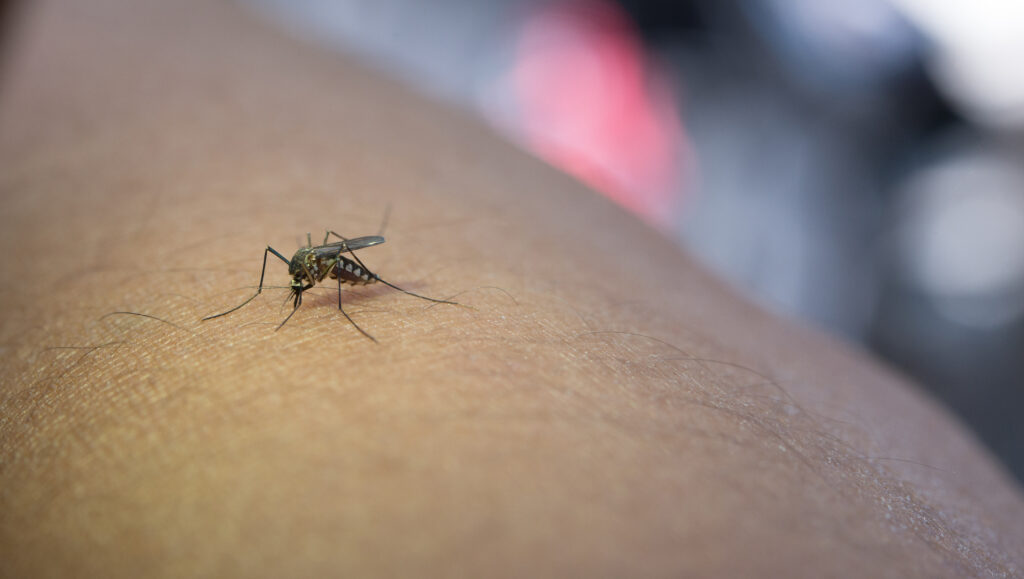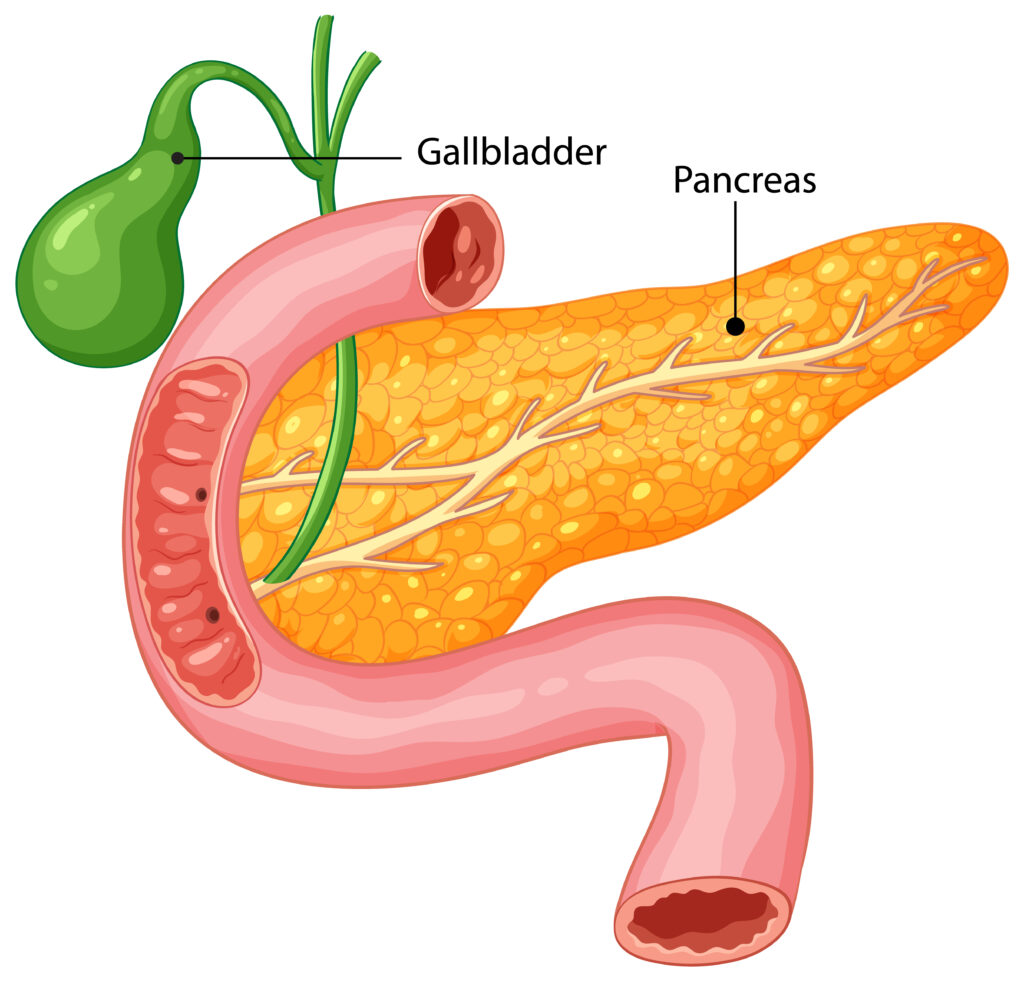Introduction:
The Zika virus, once a headline-grabbing health emergency is making a quiet but concerning comeback in several parts of the world. After years of relatively low case numbers, new outbreaks have been reported in tropical and subtropical regions with travelers once again facing the risk of infection. Whether you are planning a vacation to the Caribbean, South America or the southern United States understanding the Zika virus disease, its symptoms and the latest prevention strategies is essential.
What is the Zika Virus?
The Zika virus is a mosquito-borne flavivirus primarily spread by the Aedes aegypti mosquito, the same species that transmits dengue and chikungunya. First identified in Uganda’s Zika Forest in 1947, it remained relatively obscure until major outbreaks in Brazil and the Americas between 2015 and 2016.
Today, Zika virus in Florida, parts of Central America, and some Pacific islands continues to pose a threat particularly to travelers and pregnant women.
Zika Virus Symptoms – What to Watch For
Many people infected with the this virus never develop noticeable symptoms making it difficult to detect and control. However, when symptoms do appear, they are usually mild and may include
- Low-grade fever
- Rash (often starting on the face and spreading to the body)
- Joint pain, particularly in the hands and feet
- Conjunctivitis (red eyes)
- Headache and muscle aches
Symptoms typically appear 2 to 7 days after a mosquito bite and last up to a week. Anyone returning from a risk area should monitor their health closely, even mild symptoms can indicate infection.
Why Travelers Should Be Concerned
Travel increases the likelihood of encountering Zika-carrying mosquitoes. Tropical destinations like the Caribbean, South America and parts of the southern United States, including Florida remain hotspots.
While Zika is rarely life-threatening for healthy adults, its greatest danger lies in its ability to cause birth defects such as microcephaly when pregnant women become infected.
Couples planning pregnancy should take extra precautions when traveling to or returning from Zika-affected regions.
Zika Virus in Florida – Current Situation
Florida has historically been a key U.S. hotspot for Zika transmission. Although large outbreaks have been controlled, sporadic cases continue to appear. Travelers visiting Miami, the Florida Keys or other warm, humid regions should stay alert to public health advisories.
Local health departments regularly update maps of mosquito activity and travelers should consult these resources before planning trips.
How the Zika Virus Spreads
While the primary mode of transmission is through the bite of an infected Aedes mosquito, this virus can also spread through
- Sexual transmission (even if the infected person shows no symptoms)
- Blood transfusions in rare cases
- Mother-to-child transmission during pregnancy
Because of these multiple pathways, using mosquito precautions alone is not always enough to stay safe.
Prevention Tips for Travelers
The best defense against Zika is to avoid mosquito bites. Here is how travelers can reduce their risk
- Use Effective Mosquito Repellent
Choose an EPA-approved repellent containing DEET, picaridin or oil of lemon eucalyptus. A dedicated Zika virus mosquito spray offers long-lasting protection in high-risk areas.
- Wear Protective Clothing
Lightweight, long-sleeved shirts and long pants create a barrier against bites. Choose light colors, as mosquitoes are attracted to dark clothing.
- Stay in Screened or Air-Conditioned Rooms
Opt for accommodations with good window screens or air conditioning to limit mosquito entry.
- Eliminate Standing Water
Mosquitoes breed in stagnant water. Avoid areas with puddles, uncovered water containers or poorly maintained pools.
- Sexual Protection
Use condoms or abstain from sex during and after travel to prevent sexual transmission.
Zika Virus Diagnosis
Doctors diagnose Zika using a combination of patient history, symptoms, and laboratory tests. A Zika virus blood smear or PCR test can confirm infection by detecting the virus’s genetic material.
If you suspect infection after traveling to a risk area, seek medical advice promptly. Early diagnosis helps prevent further spread and guides appropriate care.
Zika Virus Treatment
There is currently no specific antiviral treatment for Zika virus disease. Management focuses on relieving symptoms
- Rest and hydration
- Acetaminophen (paracetamol) for fever and pain
- Avoiding aspirin or non-steroidal anti-inflammatory drugs until dengue is ruled out, to prevent bleeding complications
Most people recover fully within a week. Pregnant women require close monitoring and additional ultrasounds to assess fetal health.
Travel Advisory and High-Risk Destinations
The U.S. Centers for Disease Control and Prevention (CDC) and the World Health Organization (WHO) provide regularly updated travel advisories. High-risk destinations often include
- Central and South America
- Caribbean islands
- Parts of Southeast Asia
- Southern U.S. regions, especially Zika virus Florida cases in warm months
Check advisories before booking travel and follow recommended precautions.
Living with the Threat – Long-Term Strategies
Even though vaccines are under development, Zika virus prevention still relies on mosquito control and public health measures. Communities must continue to
- Maintain clean environments free of standing water
- Support mosquito surveillance programs
- Educate travelers about risk reduction
With climate change expanding mosquito habitats, the global risk of Zika and similar diseases is expected to rise.
Frequently Asked Questions:
- What is the Zika virus?
The Zika virus is a mosquito-borne infection spread mainly by Aedes aegypti mosquitoes. It can also be transmitted sexually and from mother to child. - What are the main Zika virus symptoms?
Common symptoms include mild fever, rash, joint pain, conjunctivitis, headache and muscle pain. - How is Zika virus diagnosed?
A Zika virus blood smear or PCR test is used to detect the virus in blood or other bodily fluids. - Is there a vaccine for Zika virus?
Currently, no approved vaccine exists, though clinical trials are ongoing. - What is the treatment for this virus disease?
There is no specific cure. Treatment focuses on rest, fluids and fever management. - Can Zika virus affect pregnancy?
Yes, infection during pregnancy can lead to birth defects such as microcephaly. - Where is Zika virus found in 2025?
Outbreaks have reemerged in parts of Central America, the Caribbean, Southeast Asia and Florida. - How can travelers prevent infection?
Use Zika virus mosquito spray, wear long clothing, and stay in screened or air-conditioned places. - Is Zika contagious from person to person?
It is not spread through casual contact but can be transmitted sexually or through blood transfusion. - How long does this virus stay in the body?
The virus usually remains in blood for about a week but can persist in semen for several months.
Conclusion:
The Zika virus may no longer dominate global headlines but its reemergence reminds us that mosquito-borne diseases remain a serious travel concern. Whether you are heading to Florida, the Caribbean or any tropical region, preparation is your best protection.
Pack Zika virus mosquito spray, stay vigilant for Zika virus symptoms and follow official travel advisories. With careful planning and awareness, travelers can enjoy their journeys while staying safe from this resurging threat.



